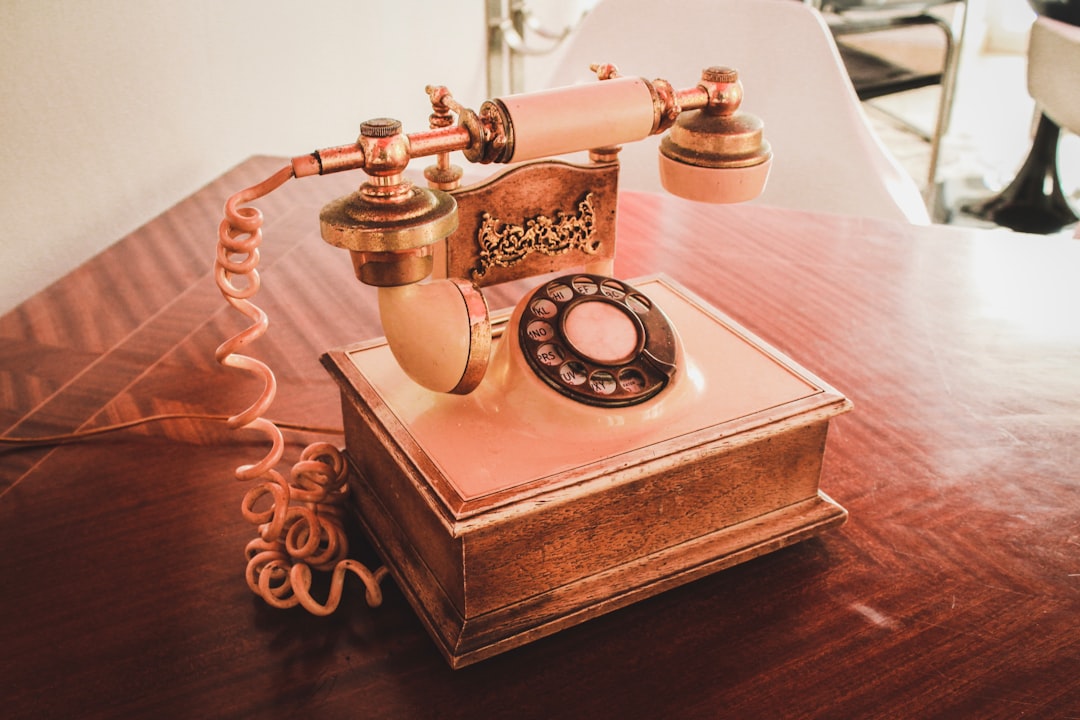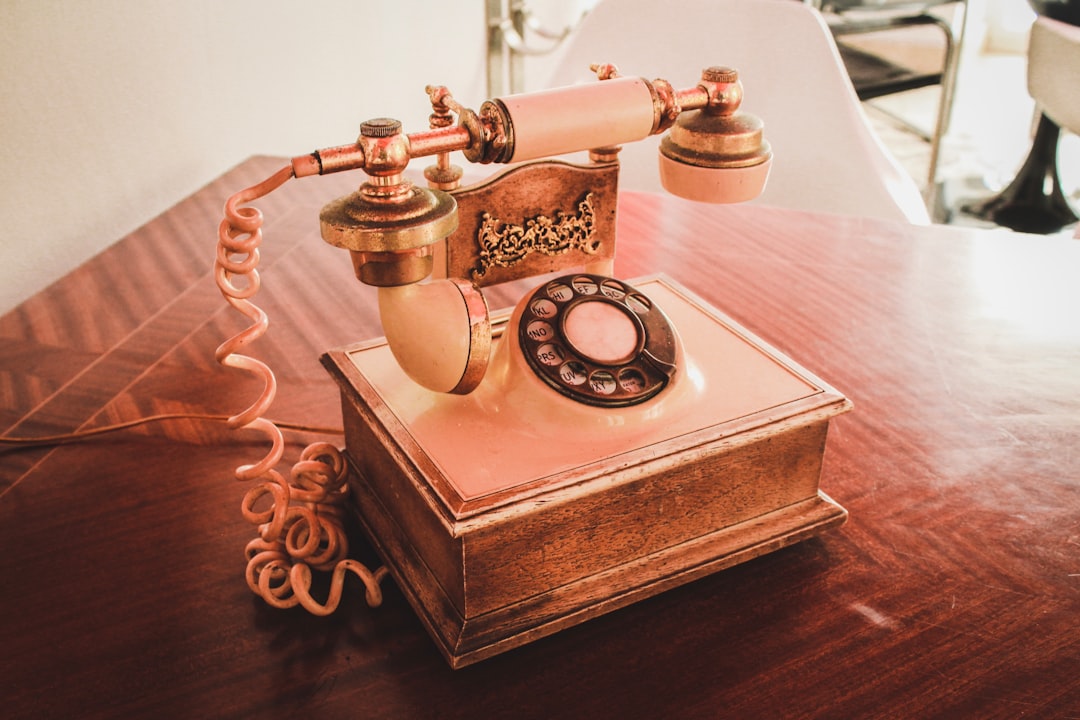Virginia's strict Do Not Call laws protect residents from unwanted telemarketing by allowing them to register their numbers and restrict commercial calls. These laws cover various communication methods, with exemptions for non-profits, political campaigns, and legitimate market research. Businesses must understand eligibility for exemptions, document calls, obtain consent, and maintain compliance records. Misconceptions about prohibited calls should be addressed, as certain categories are exempt under specific conditions. Do Not Call Lawyers or Attorneys in Virginia offer guidance on compliance and privacy rights, while Spam Call law firms provide tailored advice for potential violations.
“Navigating Virginia’s complex Do Not Call laws can be a challenge, especially with various exemptions in play. This comprehensive guide aims to demystify the regulations and help businesses understand their rights and obligations. Whether you’re a consumer seeking clarity on who to contact or a business owner looking for guidance on exemption processes, this article offers valuable insights. Learn from common misconceptions and discover how a Do Not Call Lawyer Virginia or Spam Call Law Firm Virginia can assist in ensuring compliance with the state’s unique Do Not Call Laws Virginia. Explore eligibility criteria and the step-by-step process to claim your exemptions.”
Understanding Virginia's Do Not Call Laws: A Comprehensive Overview

Virginia’s Do Not Call laws are designed to protect residents from unwanted telemarketing calls and sales pitches. These regulations allow individuals to register their phone numbers on a state-maintained “Do Not Call” list, restricting commercial calls to those who have given explicit consent. The laws cover a wide range of telephone communications, including live operators, automated or prerecorded messages, and text messages.
Understanding these laws is crucial for both consumers and businesses operating in Virginia. A Do Not Call Lawyer or Attorney specializing in Virginia’s spam call laws can provide valuable guidance on compliance. They can help ensure that businesses follow the regulations, avoiding penalties for violating a resident’s right to privacy. For consumers, knowing their rights empowers them to take action against persistent unwanted calls, potentially leading to legal recourse through a competent Do Not Call law firm in Virginia.
Who Qualifies for Exemptions? Exploring Eligibility Criteria

In Virginia, certain individuals and organizations may qualify for exemptions from the state’s Do Not Call laws. These laws are designed to protect residents from unwanted telemarketing calls, but there are specific scenarios where businesses or callers can be exempt. For instance, non-profit organizations, political campaigns, and companies conducting legitimate market research are often granted exemptions. The eligibility criteria typically involve demonstrating that the calls are made for a purpose other than commercial solicitation and that they comply with established guidelines.
To qualify for an exemption, Do Not Call lawyers in Virginia or attorneys specializing in spam call laws can help ensure that callers adhere to the necessary legal requirements. These professionals can guide businesses on how to structure their communication strategies while maintaining compliance. Whether you’re a non-profit, political organization, or a company conducting surveys, understanding and meeting these eligibility criteria is crucial to avoiding potential penalties and ensuring your calls are permissible under Virginia’s Do Not Call Laws.
Navigating Exemption Process: Steps to Follow for Virginia Businesses

Navigating the exemption process for Virginia’s Do Not Call laws is essential for businesses aiming to avoid legal repercussions and maintain customer relationships. Here’s a step-by-step guide for Virginia companies looking to understand and comply with these regulations:
1. Identify Eligibility: Begin by assessing whether your business qualifies for an exemption. Certain types of organizations, such as those in the financial or medical sectors, may be exempt from certain provisions. A Do Not Call Lawyer Virginia or Attorney can help determine eligibility based on specific criteria outlined in the state’s spam call laws.
2. Understand Exemption Types: Familiarize yourself with the different types of exemptions available. These might include business-to-business (B2B) communications, consenting recipients, or calls made for specific purposes like collection activities or survey research. Understanding these categories is crucial as it dictates how your company can legally reach out to potential or existing clients.
3. Document and Record: Maintain thorough records of all marketing and sales calls, including dates, times, and the purpose of each call. This documentation is vital if you face scrutiny from Do Not Call Lawyers Virginia or law firms specializing in these laws. It demonstrates your commitment to compliance and can serve as proof of adherence to legal requirements.
4. Obtain Necessary Consents: If applicable, ensure that customers or clients have provided explicit consent for calls related to specific purposes. Written consent is often required, and it’s crucial to have a clear process for obtaining and storing these agreements. Do Not Call Attorneys Virginia can provide guidance on drafting consent forms effectively.
5. Review and Update Policies: Regularly review your business communication policies, especially those regarding customer outreach. Ensure that employees are trained on the exemption rules and authorized to make calls legally. Stay informed about any updates or changes in Virginia’s Do Not Call Laws to adapt your strategies accordingly.
Common Misconceptions and Myth-Busting: Clarifying Do Not Call Exclusions

Many individuals and businesses operating in Virginia often find themselves entangled in misconceptions regarding the state’s Do Not Call laws. This can be attributed to the complex nature of these regulations, which aim to protect consumers from unwanted telemarketing calls while balancing legitimate business practices. A common myth is that all commercial calls are prohibited, but this is far from true. Certain types of calls are explicitly exempt from these restrictions.
For instance, calls made with prior express consent, such as those from a customer who has signed up for a service or agreed to receive marketing material, are not subject to the Do Not Call laws. Additionally, businesses engaging in internal marketing or non-commercial calls, like reminders, appointment confirmations, or survey invitations, fall outside the scope of these restrictions. It’s also crucial to understand that political organizations and non-profit groups conducting charitable solicitations are generally exempt as well. Clarifying these exclusions is essential for businesses and individuals seeking guidance on navigating Virginia’s Do Not Call Laws, and consulting with a qualified Do Not Call Lawyer Virginia or Do Not Call Attorney Virginia can provide much-needed clarity. Moreover, if you’re dealing with alleged violations of Do Not Call laws Virginia, a legal expert from a Spam Call law firm Virginia can offer tailored advice to protect your rights and interests.






